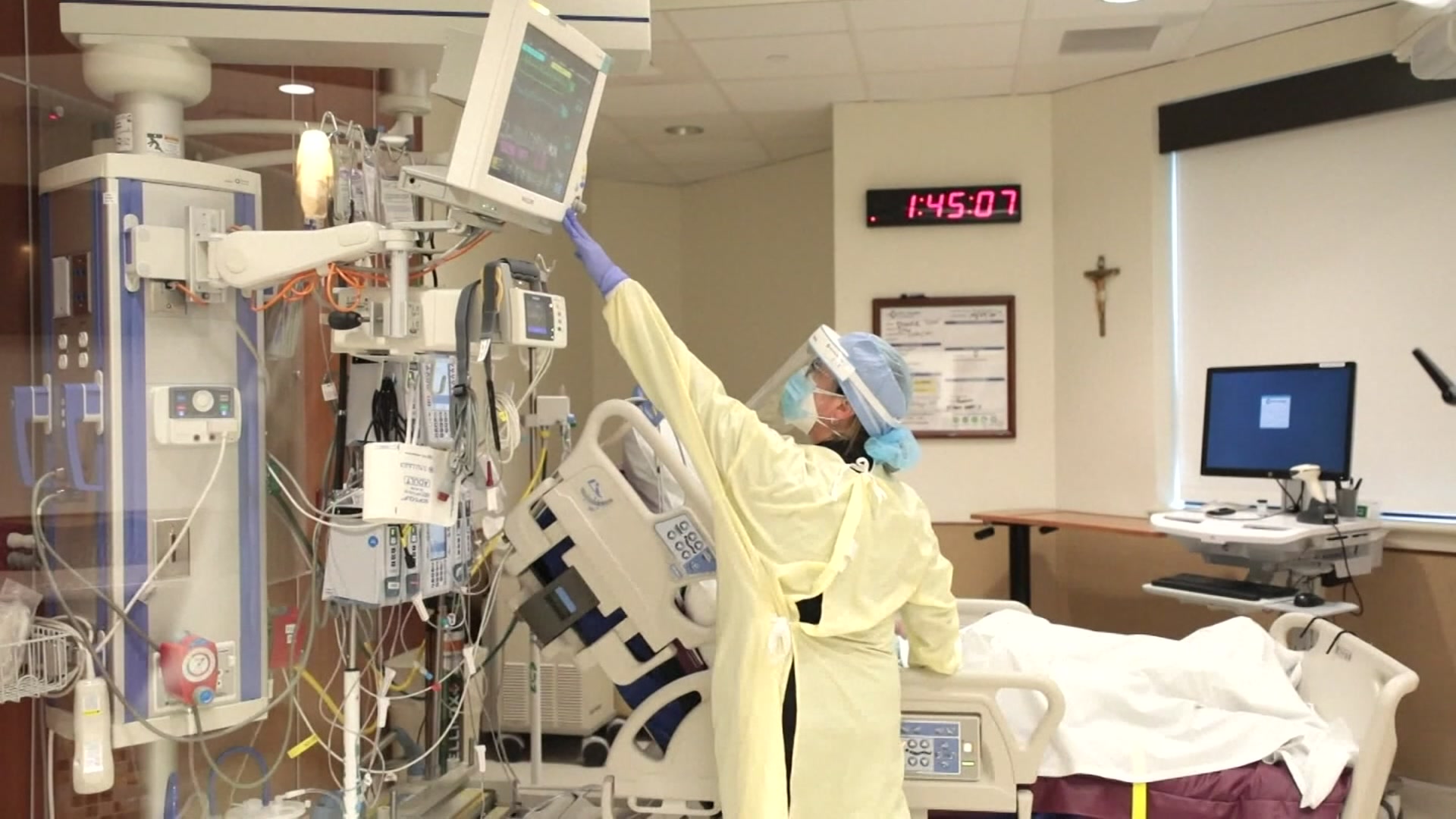

"For many people of faith, that didn't leave the mental space required to think deep theological thoughts. "When survival mode kicked in, we put our heads down to get through every day," said the Rev. "Seems like we all have to work harder to do the things we do." Nebulous traumaįor some people, brain fog has altered their spiritual practices.

"I think my fog was exacerbated by working from home," she said. Since receiving her second vaccine, Jones has felt the fog begin to lift, but only after the Minneapolis mother of two teenagers spent more than a year struggling to stay on top of their remote learning while logging into her job from her dining room table. "I had a hard time following conversations. "I consider myself a nimble thinker, a multitasker, but I've had to think so hard about everything," Jones said. Rehabilitation physicians from Mayo have created a podcast and YouTube videos to explain brain fog as a common side effect in long-haul patients, noting that puzzling cognitive symptoms plague these recovering COVID-19 patients long after the virus cleared their system. Because of her lingering congestion, chest pain, wheezing and fatigue she's been treated at the Mayo Clinic as a so-called long hauler. Jones' brain fog is likely connected to COVID-19, which she contracted in March 2020 and couldn't shake. "It has a lot of steps and seasonings in varying amounts and I could not for the life of me remember what they were and how much to use. "I've been kicking it out for years from memory," she said of a dish called Glow-in-the-Dark Chicken because of its reliance on turmeric. Melissa Gerads Jones blamed brain fog for her difficulty holding her own in a conversation and her ability to remember things, like a favorite recipe. Impaired thinking also has been linked to the COVID-19 diagnosis in some people. And there is a growing body of research about "baby brain," a change in cognitive and executive function experienced by some pregnant women and new mothers. Scientists have verified a change in concentration, blurred memory and dysfunction in thinking associated with chemotherapy ("chemobrain"). They will have to consider whether to be gracious or to penalize people who can't hold to the same standards as before." A COVID side effect?Īlthough brain fog isn't a medical term, neurologists have long studied the phenomenon in other contexts. Employers may have to adjust performance standards.

"With brain fog, there could be more errors or difficulties getting things done on time. "Symptoms of forgetfulness and a slowdown in thought-processing speed have huge implications for students, but this is also a factor in the workforce of the knowledge economy," he said. In the meantime, they have made presentations to administrators at the university. Lee and his collaborators plan to eventually submit their findings for publication in a scholarly journal. COVID brain fog is just starting to be documented in the literature, but it's a real thing." "They talk about a lack of enthusiasm, trudging through the day. "They self-report about having a harder time focusing, communicating, concentrating and staying motivated," he said about study participants. Up to 20% of respondents reported a drop in clarity of thinking. In April 2020, he and his colleagues shifted to tracking well-being during the pandemic, adding questions specifically about mental acuity. Psychology professor Richard Lee was in the midst of a longitudinal study on mental health in students, staff and faculty at the university. Researchers at the University of Minnesota are exploring its implications, as well. Articles that analyze brain fog as part of the cognitive changes connected to COVID-19 are popping up in scientific journals. Vang isn't the only one who's noticed it. With no place to decompress, we carry the stressors with us." "We work and relax in the same confined rooms and we're there on weekends, too. "When you work and learn from home, there's no differentiated space," she said.

She blames some of her fuzziness on the disruptions that put everyone's brain on overload. The mother of four children under age 12, Vang worked from home for part of 2020. In addition to hearing about brain fog from her patients, Vang admits she's seeing signs it in some of her colleagues - and herself.


 0 kommentar(er)
0 kommentar(er)
